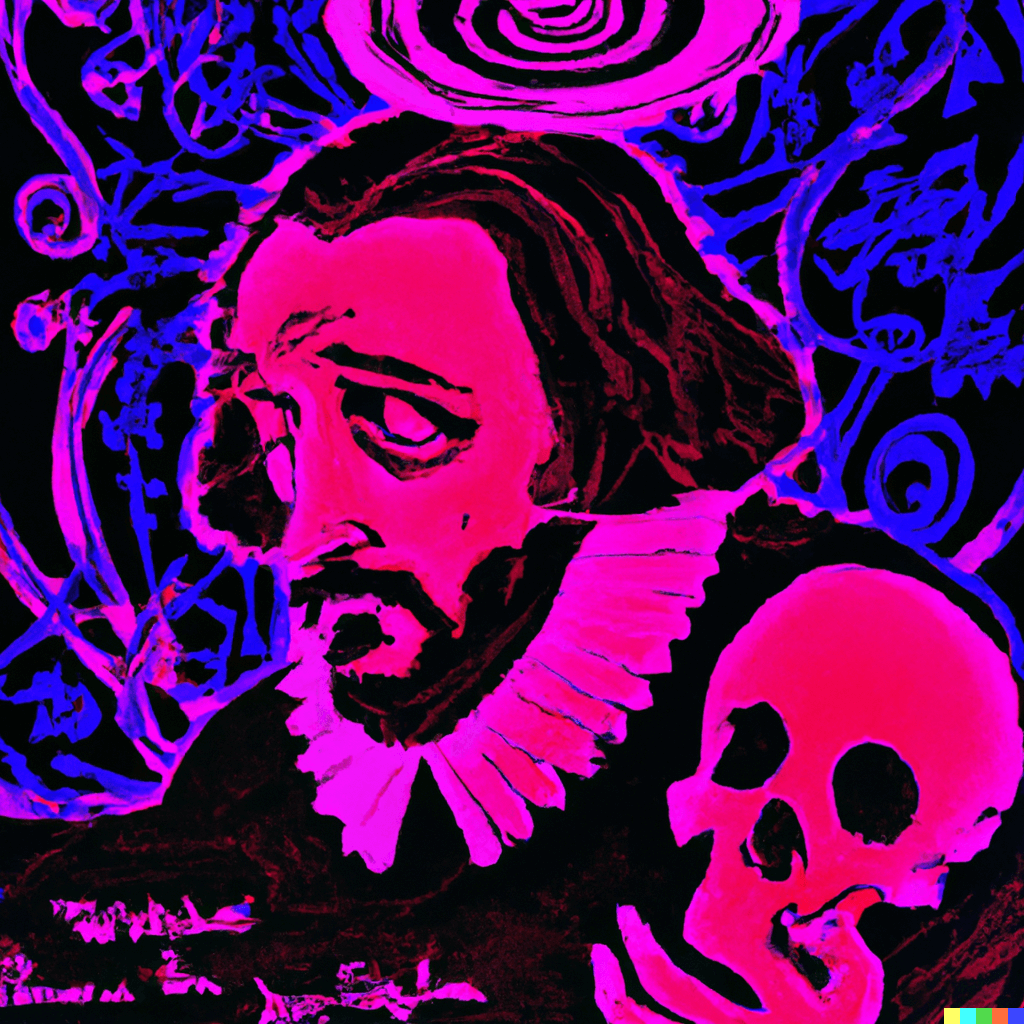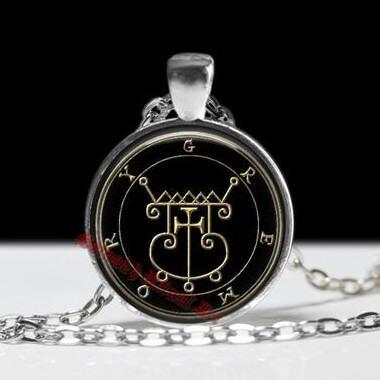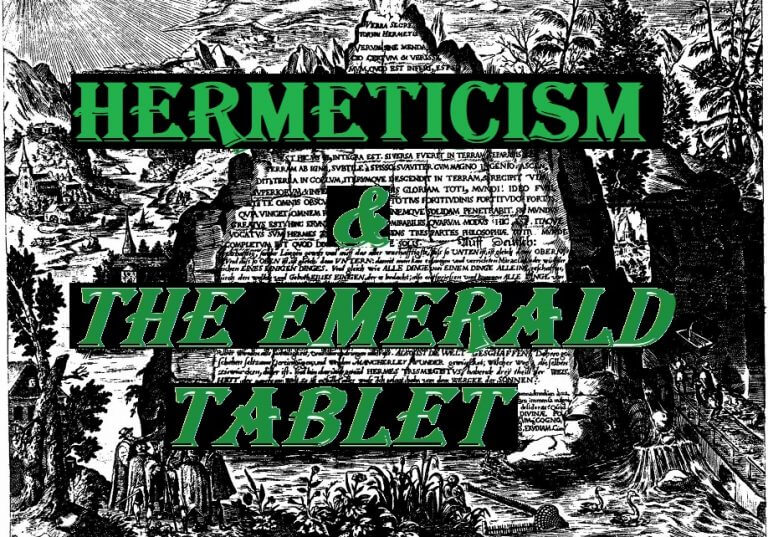Illuminating the Occult: The Mysteries within William Shakespeare’s Works
William Shakespeare, hailed as the greatest playwright in the English language, crafted an extraordinary body of work that continues to captivate audiences worldwide. While his plays and sonnets are renowned for their intricate characters, exquisite language, and timeless themes, Shakespeare also embedded a rich tapestry of occult references throughout his works. These subtle allusions to the occult offer a fascinating glimpse into the mysterious and esoteric beliefs prevalent during the Elizabethan era. In this article, we embark on an illuminating journey to explore the hidden world of the occult within Shakespeare’s literary masterpieces.
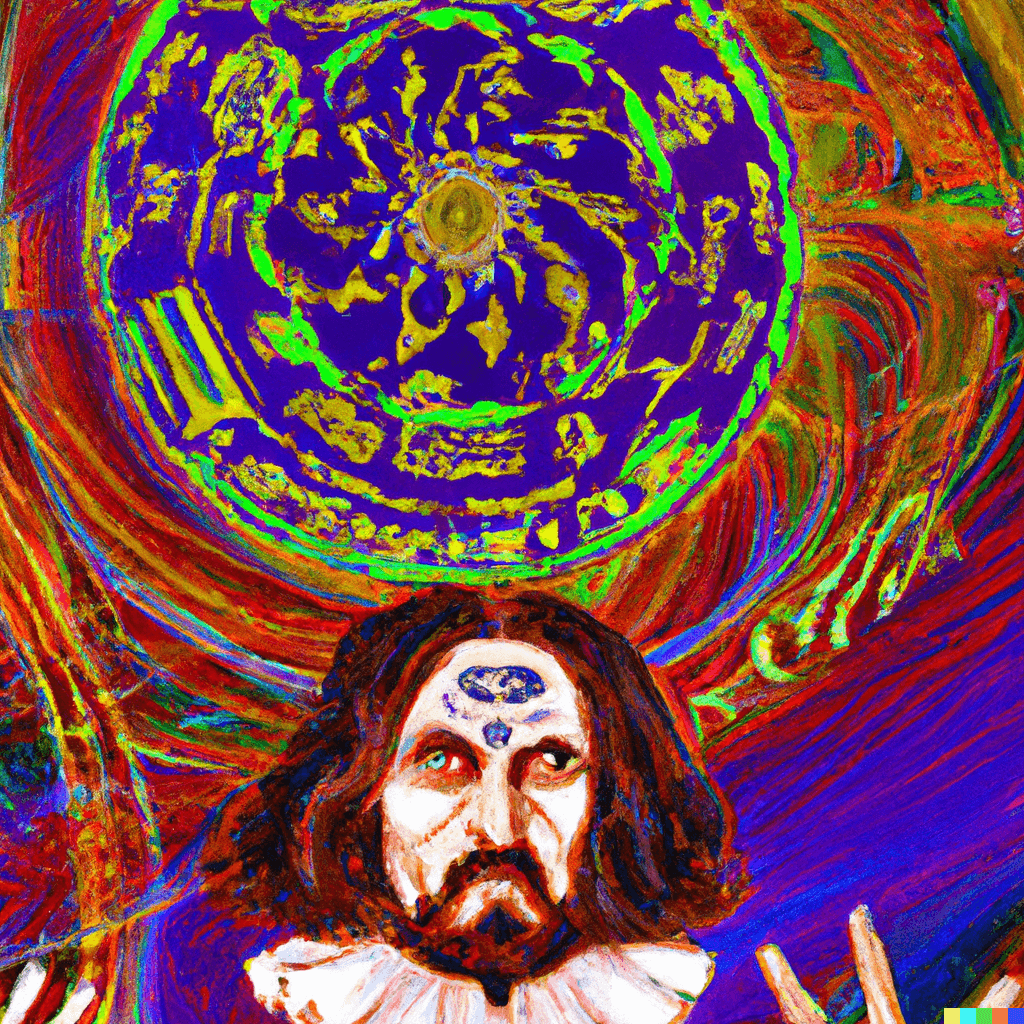
The Cultural Context:
To comprehend the significance of the occult in Shakespeare’s works, we must first delve into the cultural milieu of Elizabethan England. During this period, occult practices, astrology, alchemy, and supernatural beliefs pervaded society. The Elizabethan court itself was captivated by the arcane arts, with Queen Elizabeth I and her trusted advisor, John Dee, engaging in esoteric pursuits. This fascination with the occult undoubtedly influenced Shakespeare and seeped into his writing.
Astrology:
A Celestial Influence: Astrology, the study of celestial bodies and their influence on human affairs, held a prominent place in Elizabethan society. Shakespeare masterfully weaved astrological motifs into his works, often associating characters with zodiac signs or attributing their fates to celestial alignment. In “Romeo and Juliet,” Romeo’s mention of “star-crossed lovers” alludes to the belief that one’s destiny is predetermined by the stars. Similarly, in “Macbeth,” the witches’ prophecies and their connection to the supernatural realm reflect the Elizabethan fascination with celestial forces.
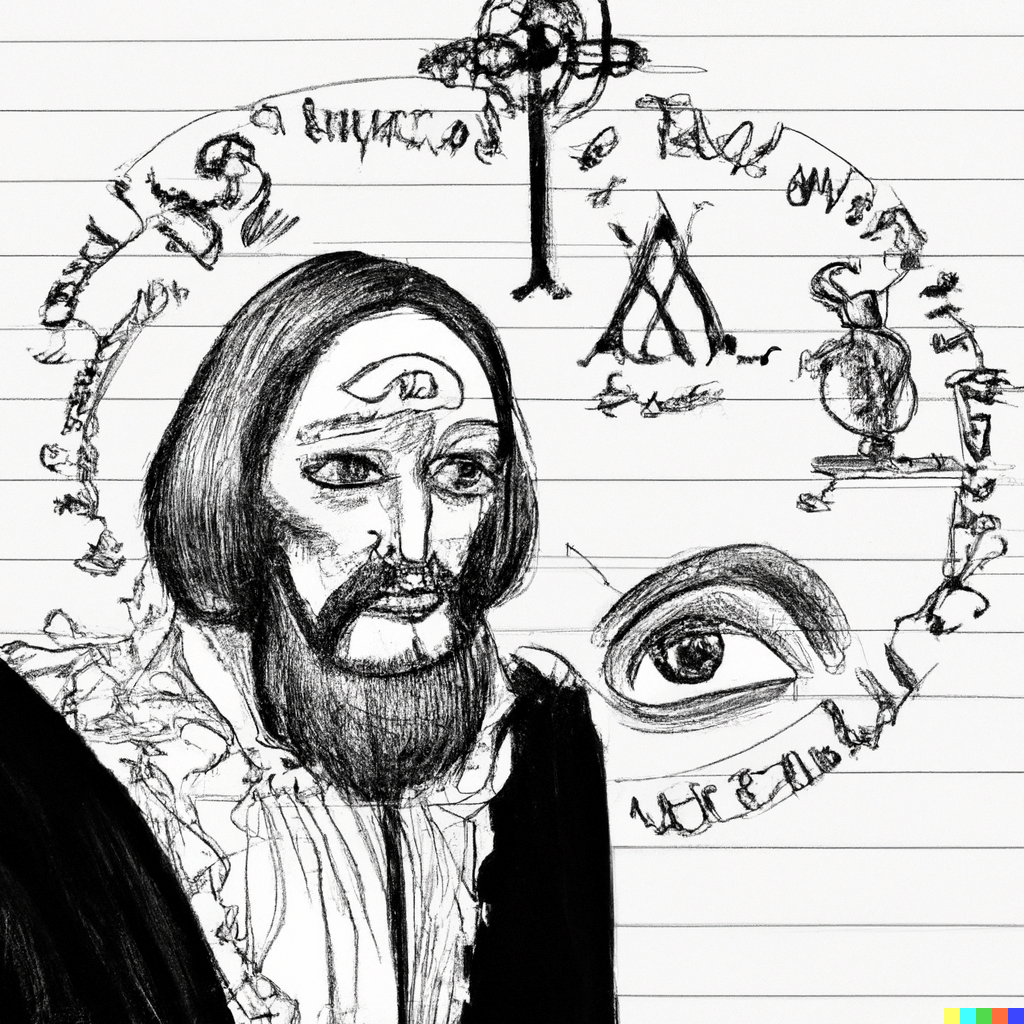
Alchemy:
The Transmutation of Souls: Another occult practice prevalent during Shakespeare’s time was alchemy, the quest to transmute base metals into gold and achieve spiritual enlightenment. Alchemical symbolism finds its way into several of Shakespeare’s plays, most notably in “The Tempest.” Prospero, the play’s enigmatic protagonist, can be seen as an alchemical figure harnessing supernatural powers to control the elements and effect transformative changes. The play’s themes of illusion, transformation, and the search for wisdom align with the principles of alchemy.
Witchcraft and the Supernatural:
The belief in witchcraft and the supernatural permeated Elizabethan society, and Shakespeare expertly tapped into these fears and curiosities. The three witches in “Macbeth” epitomize the popular perception of witches as agents of chaos and malevolence. Their incantations and prophetic visions evoke a sense of the occult, adding an eerie atmosphere to the play. Similarly, the ghost of Hamlet’s father in “Hamlet” represents a recurring theme of restless spirits and the unresolved mysteries of the afterlife.
Hidden Symbolism:
Beyond overt references, Shakespeare employed a wealth of hidden symbolism tied to occult traditions. The use of numerology, for example, can be observed in the frequent occurrence of the number three throughout his plays, echoing the concept of the trinity in alchemy and esotericism. Additionally, the recurring motif of the “green world” in Shakespeare’s comedies suggests a connection to the ancient fertility cults and their association with nature and rebirth.
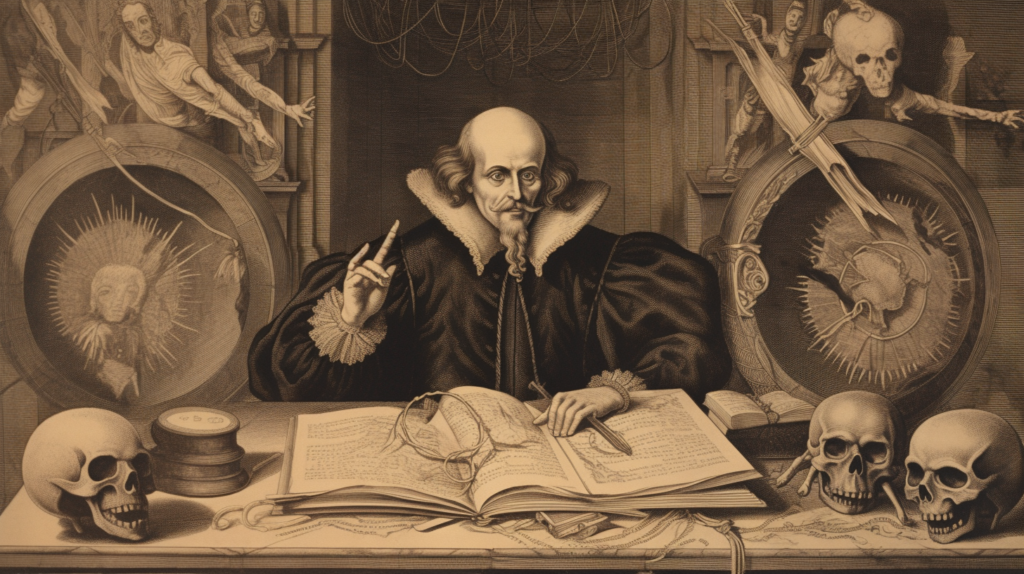
The Influence of Hermeticism:
Hermeticism, a philosophical and magical tradition attributed to the mythical figure Hermes Trismegistus, profoundly impacted the Elizabethan occult landscape. The Hermetic principles of correspondence, as above so below, and the unity of the microcosm and macrocosm found their way into Shakespeare’s works. His intricate exploration of human nature and the interconnectedness of the spiritual and material realms resonates with these Hermetic concepts.
Shakespeare’s works serve as a window into the occult beliefs and practices that permeated Elizabethan society. Through the incorporation of astrological symbolism, alchemical themes, witchcraft, and hidden symbolism, Shakespeare invites us into a world where the mystical and the mundane coexist. By unraveling these hidden layers, we gain a deeper appreciation for the complexities of his writing and the cultural influences that shaped his works. The occult within Shakespeare’s plays continues to intrigue and inspire, reminding us of the enduring allure of the esoteric in the realm of literature.
